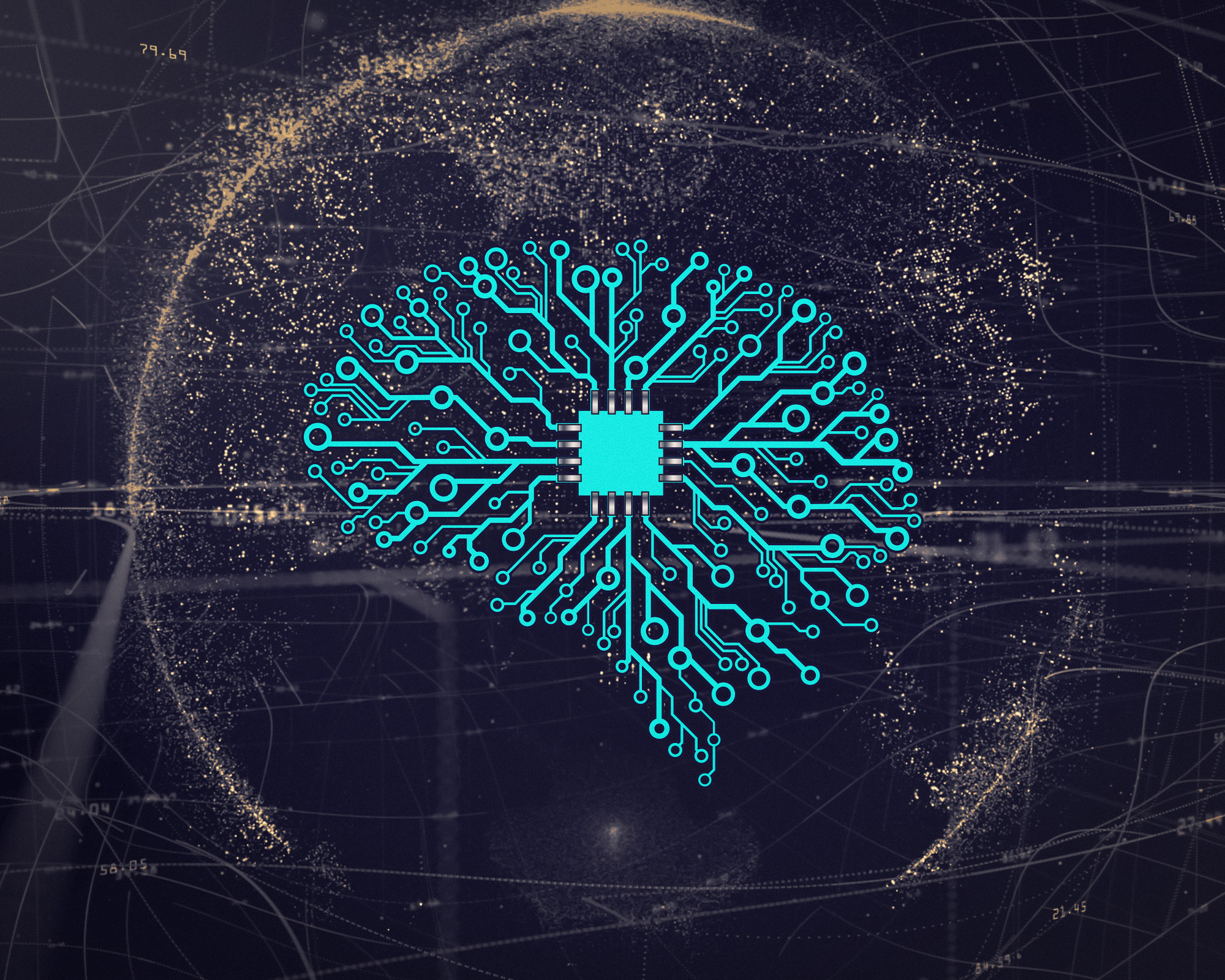Chapter 1 Overview
In Computer Labs 9B - 11B, we concentrate on another exciting data science area - Machine Learning!
Machine learning can be applied to numerous areas of society, such as transportation, security, e-commerce and health care, to name just a few.
As defined by Grant and Wischik (2020),
To paraphrase Judea Pearl, the 2011 Turing Award winner, machine learning is all about curve fitting2. To a certain extent, we can think of this as being an advanced version of simple linear regression, in which we aim to find a pattern or regularity within a large data set.
1.1 Learning Objectives
Upon completion of these three computer labs, you will have learnt:
- The fundamentals of machine learning theory
- How to use machine learning packages and models for supervised learning and predictive modelling in RStudio
Some prior mathematics and computer science skills would be helpful for this topic, but are not required - we discuss all the relevant terminology in brief in this supplement!
Machine learning is a sophisticated and complicated field of study, and we will just brush the surface. We won’t focus on all the underlying mathematics involved (which is a little beyond the scope of this subject), so much as on the general R processes.
By this stage in the semester, you should be feeling confident in your R skills. We will take our time as we learn this new material, and you should be able to tackle everything introduced in this topic.
We are not expecting you to become an expert at machine learning within this short time-frame, but we do hope that this exposure to the world of machine learning sparks interest!
